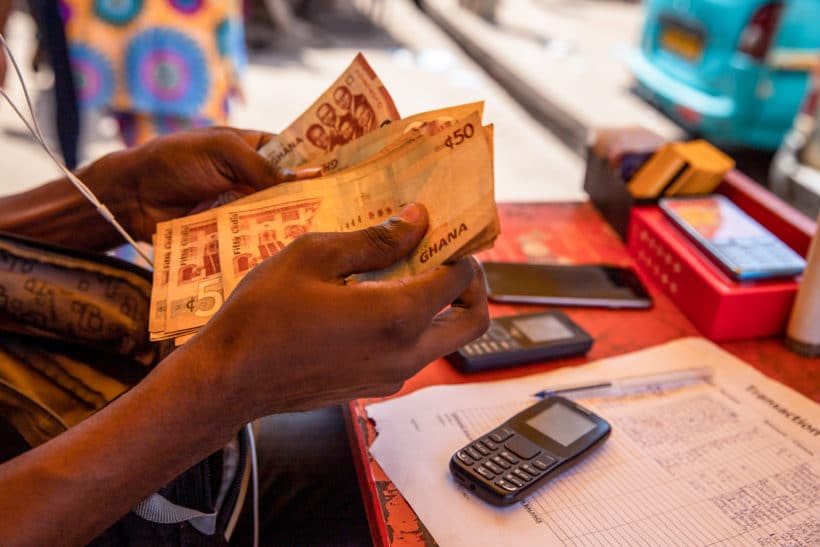
African Microfinance Week kicked off in Kigali, Rwanda this week, giving us all a chance to address the challenges facing those who lack access to conventional banking and financial services. The event marks an opportunity for African investors, researchers, banks and government institutions across the continent to address an increasingly pressing topic, financial inclusion.
The barriers to inclusivity have been felt none more so than over the past eighteen months; at a time when parts of the world were still in lockdowns, easier access to digitised services, including banking, became all the more urgent. This is why the conference’s theme – resilience – is so particularly relevant this year. It is a word we have heard countless times over the course of 2020/21 and one the conference relentlessly advocates for. As one of the key pillars for ensuring these basic, financial and sociocultural needs are met, it sits alongside growth and sustainability.
Women, young people, and smaller enterprises are just a few examples of the groups disproportionately affected by Covid-19. The pandemic is contributing factor which has hit the most disadvantaged in society. In Togo, where I serve as Minister for financial inclusion, we have made it a priority for our micro loans programme to support women specifically. This has been immensely successful, with over CFA180bn distributed to 1.8m beneficiaries in the country, many of whom turned the initial grant from the state’s dedicated national fund into successful businesses. The retail and hospitality sectors in particular have seen incredible success stories.
The World Bank has argued that improved financial and digital access would be critical to reducing social exclusion during future crises, and maintaining access to basic services, as well as promoting digital entrepreneurship. In a report from earlier this year, the institution noted efforts by the Togolese government to use mobile banking – the most inclusive form of banking in sub-Saharan Africa – to disburse cash payments quicker.
Prioritising microfinance objectives at localised levels is one way to push this agenda forwards. The African continent is home to more digital financial services deployments than any other region in the world, yet a large number of marginalised groups do not necessarily reap the benefits. More initiatives need to ensure their services are representative of their populations.
I am proud of the strides forward we’ve made in Togo. We already have the highest banking rate in our West African monetary union: over 78% in 2019. In January I announced the Ministry’s plans to create a digital bank, not only for service optimisation, but as a way to consolidate a complete digital banking structure to support our economy, across the entire country. Despite our progress in terms of financial inclusion, I am conscious that digital divides persist, not least due to the lack of broadband access in large parts of Africa. We must bridge these gaps to ensure we deliver our inclusivity agenda in a sustainable way.
Just over ten years after the breakthrough of digital financial services in Sub-Saharan Africa, studies show that access to mobile money services have played a massive part to help to tackle extreme poverty. As an example, in Togo they have been instrumental for enabling women to move from subsistence farming and unemployment to business occupations and sustainable livelihoods. Two thirds of the cash payments made by the Togolese government to our citizens through mobile banking have gone to women, demonstrating how women’s economic empowerment has been a key driver of economic inclusion programming.
These are critical developments but to withstand crises we must drive financial inclusion on a worldwide scale. We need cross-sector alliances to accelerate digital inclusion and connect critical sectors of the economy. In Togo I have been inspired by our beneficiaries who work in partnership with each other and whose businesses grow faster as a result, showing that this approach can boost innovation and increase long-term profitability.
For the market as a whole to evolve, successful collaboration and communication between market actors and regulatory authorities can make all the difference. For that reason, I believe African Microfinance Week to be a valuable initiative. Microfinancing is not a new concept, but it is truly transformative. Hand in hand with digitization, it has the potential to become accessible and inclusive. While there remains much to be done, homing in on priorities will help lay the foundations for a digital shift that has both a social and economic impact.
I will continue to do everything in my power for Togo to lead the way, because this is how we will, collectively, futureproof a truly inclusive economy and thrive in a post-pandemic world.

